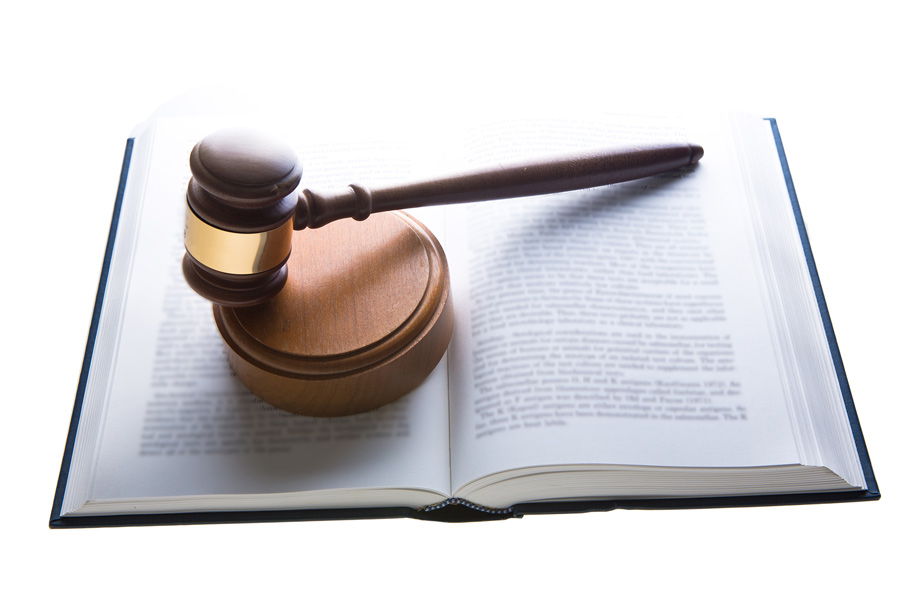In a recent legal filing, government attorneys reiterated their contention that state Sen. Lawrence M. Farnese Jr. (D) violated state and federal laws when participating in an alleged vote-buying scheme.
Farnese stands accused of buying the vote of Ellen Chapman in 2011 to help secure his election as Democratic leader of the Eighth Ward. The Eighth Ward is a political subdivision, largely in Center City west of Broad. It serves as a conduit to party leadership, and it’s a source of information during campaigns and elections.
In the spring of 2011, Farnese allegedly diverted $6,000 from his campaign fund to help pay the college tuition of Chapman’s daughter. In return, Chapman allegedly agreed to vote for Farnese as Democratic leader of the Eighth Ward.
Chapman served as an Eighth Ward committee person at the time of the alleged incident.
Earlier this month, Farnese handily won re-election as a state senator. He has a strong record of support for LGBT causes, including a statewide LGBT civil-rights law and a new probe of the Nizah Morris case.
Farnese and Chapman stand accused of several crimes, including bribery, fraud and conspiracy. Last month, they proclaimed their innocence in court papers, and asked a federal judge to toss out their indictments.
But in a Nov. 15 filing, attorneys for the U.S. Department of Justice insisted that Farnese and Chapman violated multiple state and federal laws.
According to the DOJ’s filing, there’s no excuse for the unlawful activities of Farnese and Chapman, and they should face a criminal trial.
“[A]ny person of ordinary intelligence in Chapman’s position would have known that they were not free to engage in [bribery] by selling their ward committee votes for cash,” the attorneys stated.
They go on to note that Farnese and Chapman were public officials at the time of their alleged crimes and had an obligation to obey anti-corruption laws.
“Chapman stood in a fiduciary relationship with the [Democratic] Party, as defined by Pennsylvania state law, and therefore she had a legal obligation not to engage in kickbacks or bribery with respect to matters within the scope of her position within the party,” attorneys stated in the filing.
The attorneys also refuted Farnese’s contention that federal authorities are improperly intruding into local party politics.
“Contrary to Farnese’s contention that this case ‘involves nothing more than routine internal party affairs,’ there is nothing ‘routine’ about paying bribes to party officials to influence them in decisions that they are supposed to make on behalf of the best interests of their party,” they stated.
Moreover, the attorneys deny that Chapman and Farnese engaged in constitutionally protected behavior with respect to the alleged donation.
“Chapman accepted from Farnese a personal benefit — namely a payment to her daughter’s study-abroad tuition — in exchange for taking an official action in her capacity as an elected party official to benefit Farnese. That is not First Amendment activity. It is quid pro quo corruption.”
Attorneys for Chapman and Farnese had no comment for this story.
Peter Carr, a spokesperson for the U.S. Department of Justice, said: “We’ll decline to comment beyond the court filing itself.”
As of presstime, U.S. District Judge Cynthia M. Rufe hadn’t ruled on the request by Farnese and Chapman to dismiss their indictments.

